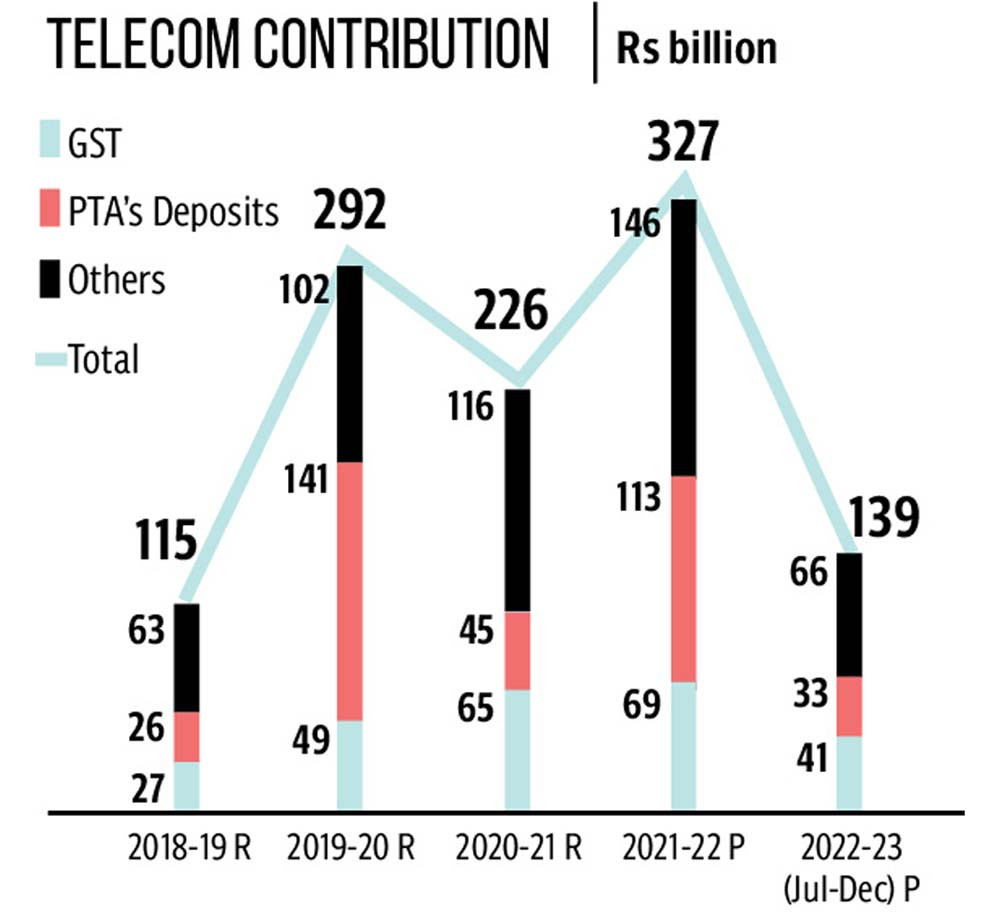IT sector records trade surplus of $1.72 billion
IT exports from July-March reached $1.94 billion, marking the highest share of 35.1% in all services exports

The Information Technology and Telecommunication (ITT) sector in Pakistan have recorded impressive growth, contributing to the country’s economy and export earnings. According to the Economic Survey 2023, the IT sector posted a trade surplus of $1.72 billion in the period from July to March of the fiscal year 2023, showing a significant increase of 16.7% compared to the previous year.
IT exports during the same period reached $1.94 billion, accounting for the highest share of 35.1% in all services exports. This substantial growth in IT exports highlights the potential for Pakistan to leverage its highly skilled workforce and tap into the advantages of the IT industry.
Topline Securities, ICT analyst, Nasheed Malik underscored the advantages of focusing on IT exports. Unlike traditional industries that heavily rely on raw material, the IT sector primarily deals with intangible products and services, such as software development, digital marketing, and IT consulting. This allows the Pakistani government to tap into a highly skilled workforce, including women who can contribute significantly through freelancing. Encouraging women to participate in freelancing activities not only boosts the economy but also promotes social empowerment, he said.
To support the growth of the IT industry, the Pakistan Software Exports Board (PSEB) has established seven Software Technology Parks in cities such as Faisalabad, Gujrat, Jamshoro, Karachi, Multan, Peshawar, and Rawalpindi. These parks aim to facilitate the IT sector and create a conducive environment for its development.
IGNITE, an organisation promoting entrepreneurship and innovation, has established eight National Incubation Centres (NICs), including specialised incubators for agri-tech and aerospace. The NICs have successfully incubated over 1,317 startups, generating more than 126,000 jobs and receiving a total investment of Rs15.43 billion ($74 million). Over 2,300 women entrepreneurs have been empowered through the program, demonstrating the positive impact that the IT industry can have on job creation and economic growth in Pakistan. In addition to the economic benefits, empowering women to engage in freelance work can tap into a historically underutilised talent pool, said Malik. He highlighted that women possess diverse skills and expertise that can significantly contribute to the IT sector and the economy.

The telecommunication industry in Pakistan has also played a vital role in the country’s economic growth. During July to December of FY2023, the industry attracted an investment of $632 million, while its revenue reached Rs 137.7 billion. Former Minister of State and Chairman of the Board of Investment, Muhammad Azfar Ahsan emphasised the crucial role of the telecommunications and cellular industry as an enabler for the growth of Pakistan’s economy.
However, Ahsan also highlighted the challenges faced by the telecommunications industry, particularly heavy taxation. He highlighted the need to create a growth-friendly environment for the telecommunications industry, which serves as the basic infrastructure for the IT sector. High taxes, including a GST of 19.5%, additional withholding tax of 15%, and corporate tax of 34%, have hindered the rise of the telecommunications industry, impacting the overall trajectory of the digitisation of the economy and IT-related exports.
Pakistan holds immense potential in the IT sector, ranking as the 4th largest nation, contributing to the IT freelancing segment globally. The country’s young population, English-speaking IT professionals, and technological capabilities position it for greater success. The current level of IT exports, standing at just $2 billion, does not fully reflect Pakistan’s potential, said Ahsan.
The former minister of state emphasised that the telecommunications industry is an integrated and enabling industry, and its decline or collapse would have far-reaching consequences. Immediate facilitation by the government, coupled with a long-term policy framework, is crucial to stabilise the telecommunications sector and strengthen the overall economic infrastructure of Pakistan.
Published in The Express Tribune, June 9th, 2023.
Like Business on Facebook, follow @TribuneBiz on Twitter to stay informed and join in the conversation.



















COMMENTS
Comments are moderated and generally will be posted if they are on-topic and not abusive.
For more information, please see our Comments FAQ